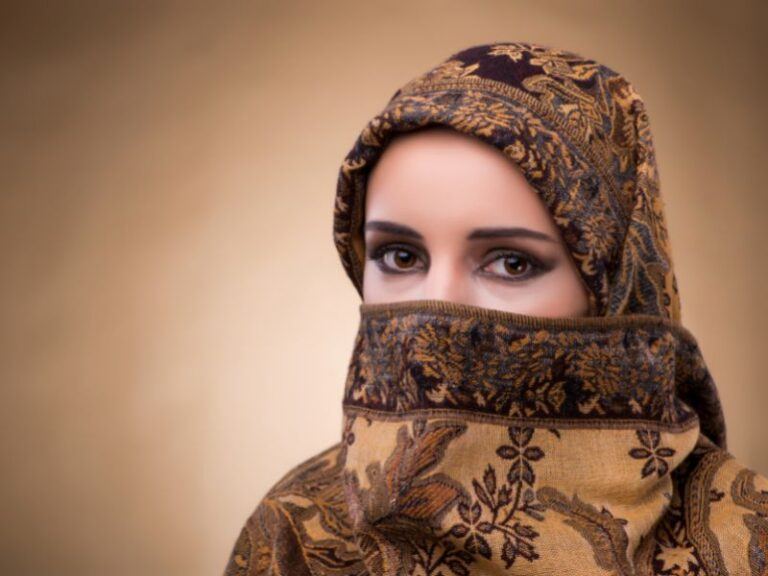Empowering Muslim Women: Navigating the World of Modest Swimsuits
Introduction
In a world that constantly celebrates diversity and individuality, it’s essential to recognize and appreciate the diverse cultural backgrounds and traditions that shape our global society. One such tradition is modesty in clothing, particularly among Muslim women. Modesty is a fundamental value in Islam, and it extends to various aspects of life, including swimwear. In this blog post, we’ll explore the world of modest swimsuits and how they empower Muslim women to enjoy the water while adhering to their faith and values.
The Intersection of Faith and Fashion
For many Muslim women, the concept of modesty is deeply intertwined with their faith. Modesty is a core principle in Islam, and it encompasses not only how one dresses but also how they conduct themselves in public. This principle stems from a desire to maintain humility and preserve one’s dignity and honor.
When it comes to swimwear, the challenge for Muslim women is finding options that allow them to enjoy the water while adhering to their modesty requirements. Standard swimwear typically consists of bikinis and one-piece suits, which may not align with the modesty standards set by Islamic tradition. This challenge has led to the development of a unique and thriving market for modest swimsuits.
Empowering Choices
Modest swimsuits empower Muslim women by offering them a range of options that allow them to enjoy water-related activities without compromising their faith. These swimsuits often include features such as full coverage, longer sleeves, and longer-length bottoms. They are designed to strike a balance between fashion and faith, providing comfort and style while adhering to modesty guidelines.
One of the most popular types of modest swimsuits is the burkini. The burkini is a fusion of the words “burqa” and “bikini” and was created by Australian designer Aheda Zanetti. It typically consists of a long-sleeved tunic top and pants with a matching headscarf. The burkini has gained worldwide recognition and acceptance, making it a symbol of empowerment for Muslim women.
Breaking Stereotypes
Modest swimsuits also play a crucial role in breaking stereotypes and challenging preconceived notions about Muslim women. By confidently participating in water-related activities while wearing modest swimwear, Muslim women demonstrate that their faith does not limit their engagement in the world or their pursuit of physical activities. They showcase their individuality and challenge the misconceptions that often surround their community.
Inclusivity and Accessibility
The availability of modest swimsuits has grown significantly in recent years, thanks to a surge in demand and greater awareness of cultural diversity. Many major swimwear brands now offer modest swimwear collections, and numerous specialized brands cater exclusively to the modest swimwear market. This increased accessibility ensures that Muslim women have a wide range of choices to suit their preferences, whether they prefer more traditional designs or modern, trendy options.
Body Positivity and Confidence
Modest swimsuits also contribute to fostering body positivity and self-confidence among Muslim women. These swimsuits allow them to enjoy water activities without feeling self-conscious or exposed. By providing options that align with their faith and values, modest swimsuits empower Muslim women to feel comfortable in their own skin and embrace their bodies without compromising their beliefs.
Cultural Exchange and Acceptance
The popularity of modest swimsuits extends beyond the Muslim community. Many non-Muslim women have embraced these swimsuits for various reasons, including sun protection, body confidence, and a desire for unique and stylish swimwear options. This cultural exchange promotes acceptance and understanding among different communities, fostering a sense of unity in diversity.
Challenges and Progress
Despite the significant progress made in the modest swimwear industry, challenges remain. Muslim women still face discrimination and prejudice, including bans on wearing modest swimsuits in public pools and beaches in some countries. However, many activists and organizations are tirelessly working to challenge these restrictions and promote inclusivity.
Conclusion
Modest swimsuits empower Muslim women by offering them choices that allow them to enjoy water-related activities while adhering to their faith and values. These swimsuits not only provide comfort and style but also challenge stereotypes, foster body positivity, and promote cultural exchange and acceptance. In a world that celebrates diversity and individuality, it is essential to recognize and support the choices of Muslim women who choose to wear modest swimwear. Empowering Muslim women in their pursuit of water-based activities is a step toward a more inclusive and understanding society for all.



Leave a comment